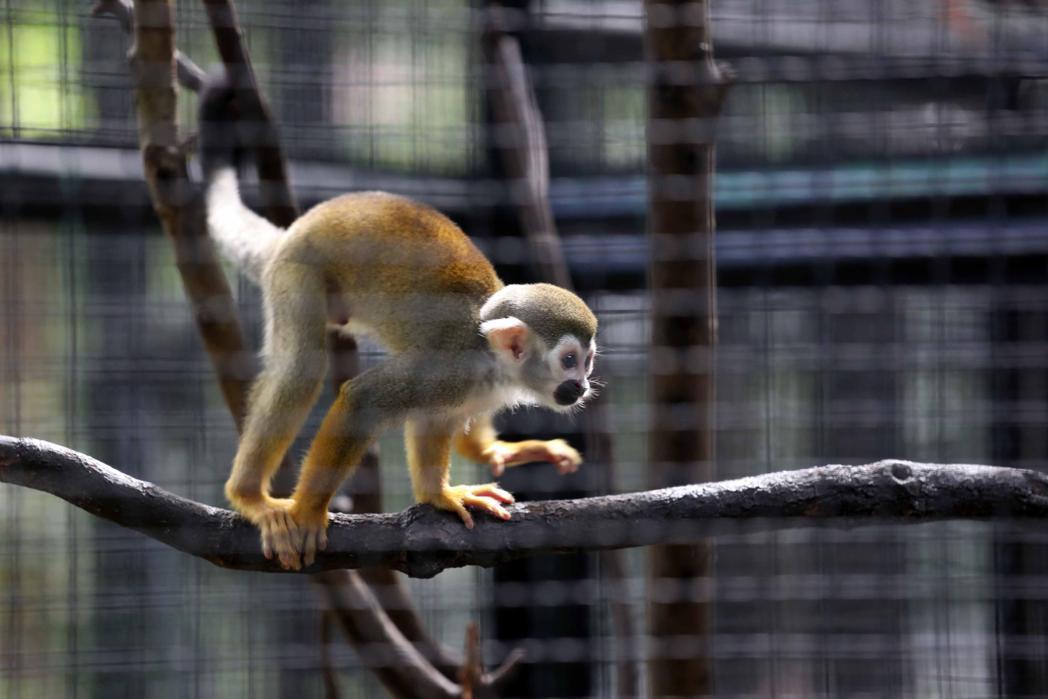Eight monkeys found dead at Hong Kong zoo, government says
By Reuters
October 14, 20242:43 AM CSTUpdated 12 hours ago
HONG KONG, Oct 14 (Reuters) - Hong Kong authorities are carrying out tests to find out what killed eight monkeys, which were found dead in the city's oldest zoo on Sunday, the government said on Monday.
...
------------------------------------------
Hong Kong Zoological and Botanical Gardens
The Leisure and Cultural Services Department (LCSD) announced today (October 14) that eight animals were found dead in the Hong Kong Zoological and Botanical Gardens (HKZBG) yesterday (October 13), including one De Brazza’s Monkey, one Common Squirrel Monkey, three Cotton-top Tamarins and three White-faced Sakis. The LCSD had liaised with the Agriculture, Fisheries and Conservation Department. Necropsy and laboratory tests have been arranged immediately to help find out their cause of death.
While awaiting test results, the Mammals Section of the HKZBG will be closed from today for disinfection and cleaning works. We will also closely monitor the health conditions of other animals. During this period, other facilities of the HKZBG will remain open.
October 14, 2024
By Reuters
October 14, 20242:43 AM CSTUpdated 12 hours ago
HONG KONG, Oct 14 (Reuters) - Hong Kong authorities are carrying out tests to find out what killed eight monkeys, which were found dead in the city's oldest zoo on Sunday, the government said on Monday.
...
------------------------------------------
Hong Kong Zoological and Botanical Gardens
The Leisure and Cultural Services Department (LCSD) announced today (October 14) that eight animals were found dead in the Hong Kong Zoological and Botanical Gardens (HKZBG) yesterday (October 13), including one De Brazza’s Monkey, one Common Squirrel Monkey, three Cotton-top Tamarins and three White-faced Sakis. The LCSD had liaised with the Agriculture, Fisheries and Conservation Department. Necropsy and laboratory tests have been arranged immediately to help find out their cause of death.
While awaiting test results, the Mammals Section of the HKZBG will be closed from today for disinfection and cleaning works. We will also closely monitor the health conditions of other animals. During this period, other facilities of the HKZBG will remain open.
October 14, 2024







Comment